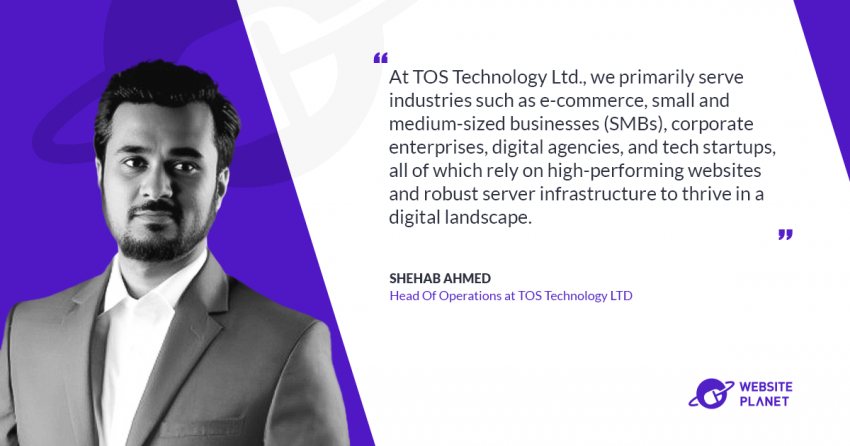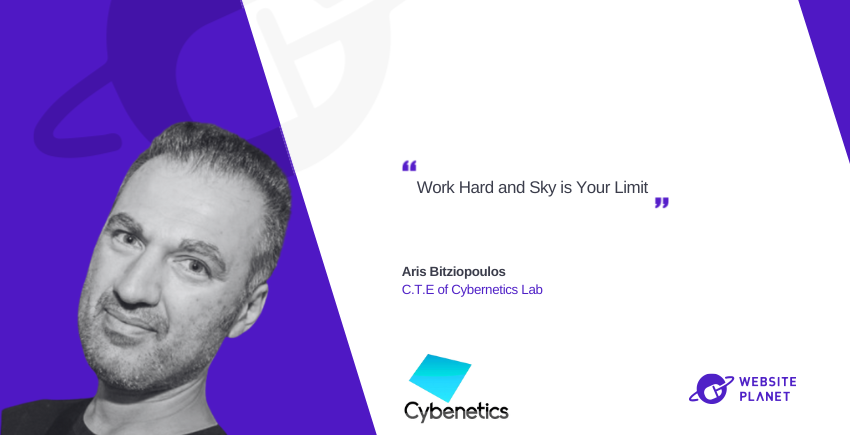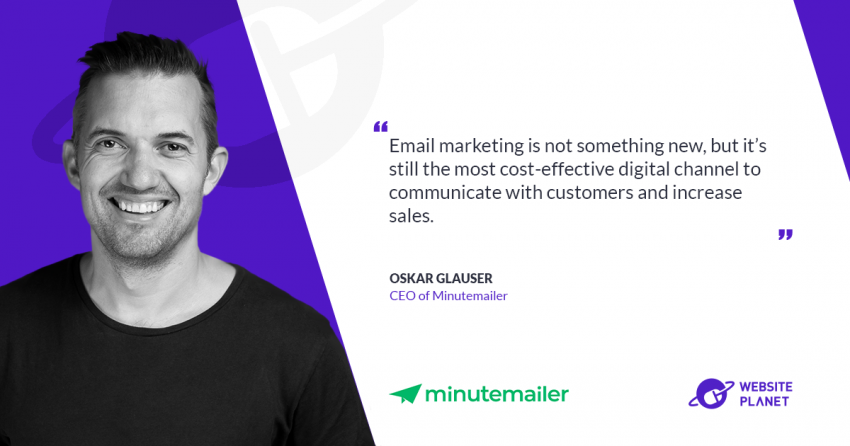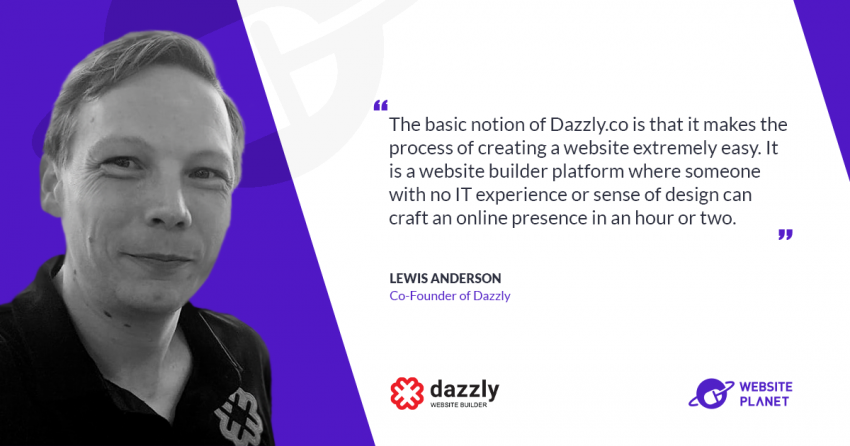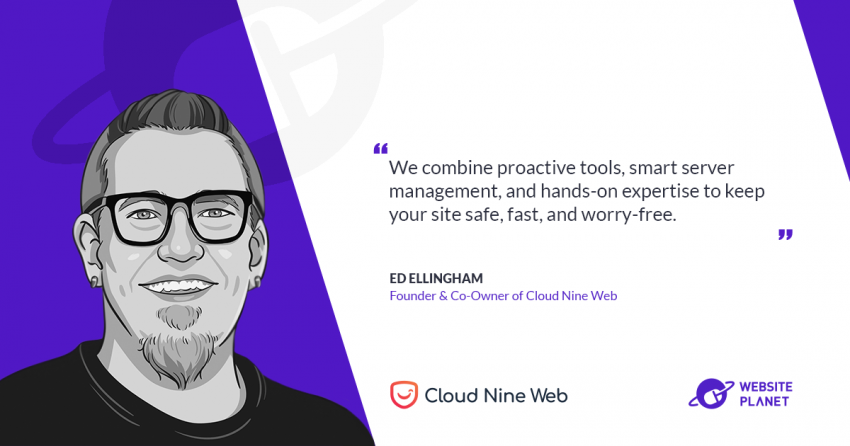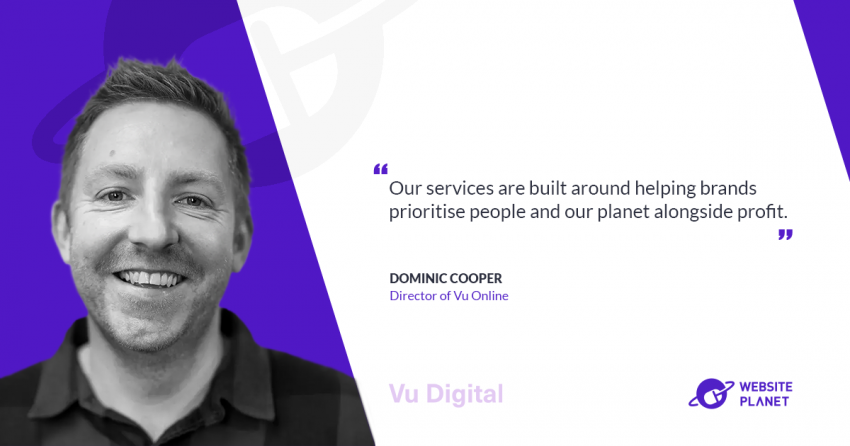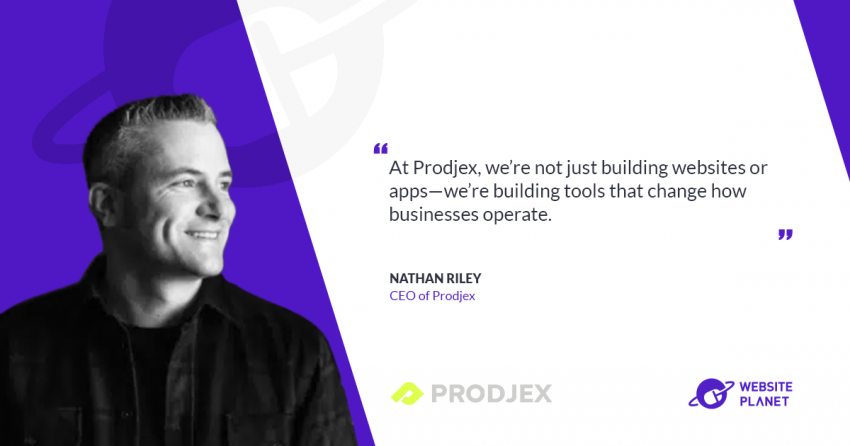Can you share a few details about the founding story behind Apify? What problem were you trying to solve?
Apify was founded in 2015 by me and my co-founder, Jakub Balada, after we saw a growing need for a tool that could simplify web data extraction. We noticed that many businesses were struggling to gather information from various online sources. We wanted to create a solution that would help them easily access and use web data. Our journey began with a simple command-line tool that I developed during a consulting project. While it worked, it required users to set up their own computing infrastructure, including running crawlers, integrating proxies, and storing results. We realized that for the solution to be truly user-friendly, we needed to turn it into a cloud service that would provide all of these features out of the box. After developing our initial concept, our project was accepted into the Y Combinator Fellowship (blog.apify.com/our-experience-of-the-inaugural-y-combinator-fellowship-yc-f1-309cdcd021df) as one of 30 startups from over 6,000 applicants. So we moved to Mountain View, California, where we worked day and night to build an online service. After two months of hard work, we launched Apify (back then called “Apifier”) publicly in October 2015. Since then, we’ve been continuously improving the product based on feedback from our customers, with the goal of making web data accessible and automating the process of web scraping and browser automation at scale.Can you elaborate on Apify’s core functionalities and the key technologies that enable web scraping and data extraction through your platform?
At Apify, our core functionality revolves around “Actors”, cloud-based tools that can automate almost any web task, from gathering data to setting up advanced workflows, including extracting data from e-commerce sites, social media, search engines, online maps, and other websites. Actors are easy to customize and can be run at scale, making them ideal for competitive research, marketing analytics, lead generation, compliance, or content collection. Apify also provides open-source tools, such as Crawlee (crawlee.dev), our library for Node.js and Python with over 15,000 stars on GitHub. Furthermore, developers can build and publish their own Actors on Apify, creating a source of passive income. We use cloud infrastructure, proxy management, and headless browsing to ensure that our platform can extract data from any site.What can you tell me about the Apify Store? What can people find there?
The Apify Store (apify.com/store) is a key part of our platform. Currently, there are over 2,000 ready-made Actors, each designed to meet specific needs, from social media data extraction to business process automation. These are easy to configure for your project with transparent pricing. What’s truly exciting is the economic opportunity the store creates for developers. They have collectively earned over 1 million USD through the marketplace, and we’re seeing that number grow. Just last month, we distributed more than 100,000 USD to our community of developers. The Apify Store not only allows developers to earn income from their creations but also fosters a culture of collaboration and knowledge sharing. Our goal is to create a thriving and mutually beneficial ecosystem. For anyone interested in web scraping, we also run a Web Scraping Academy (docs.apify.com/academy) where you can learn how to develop web scrapers on your own computer with open-source tools.To learn more about Apify, you can visit apify.com



